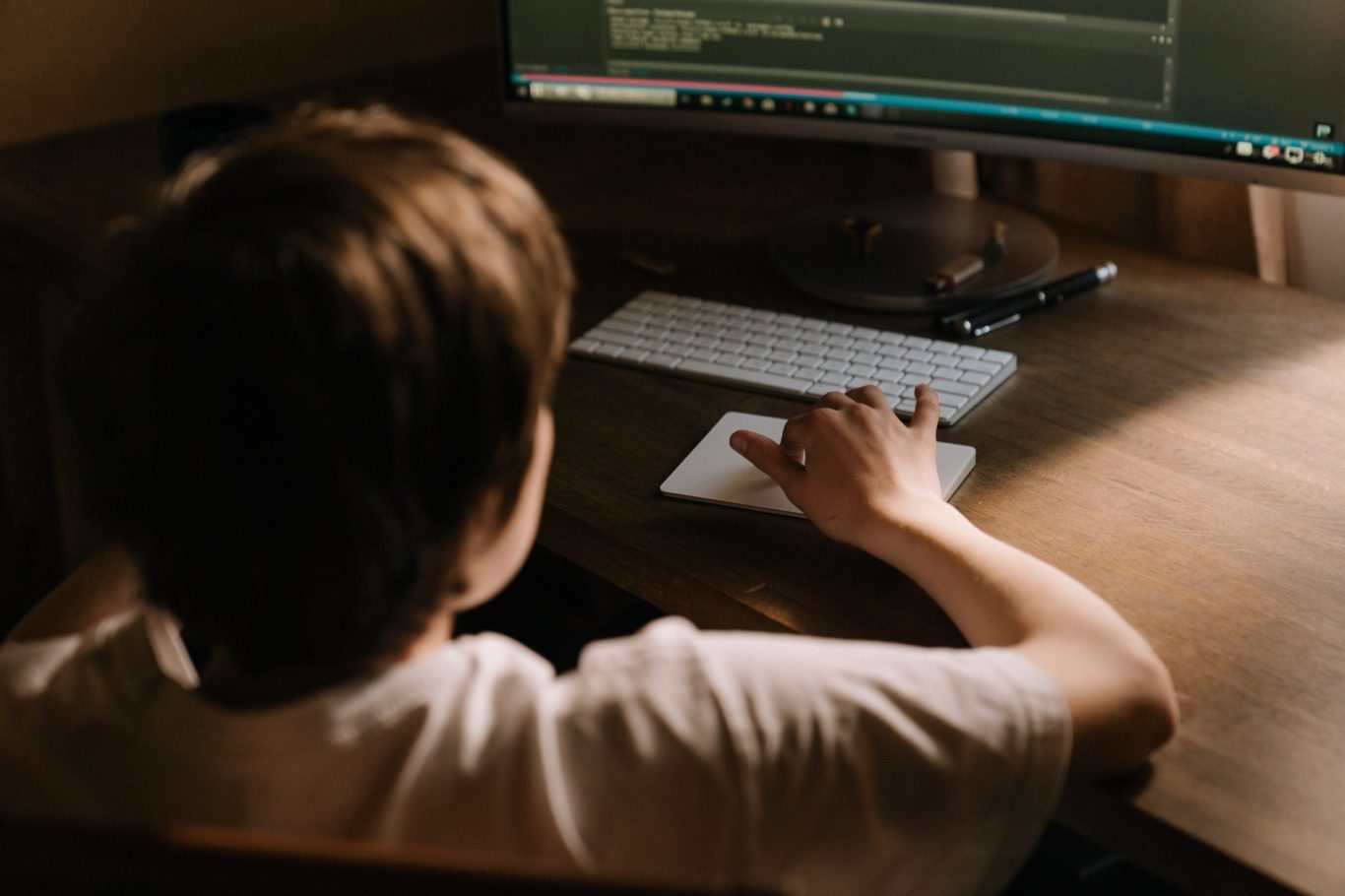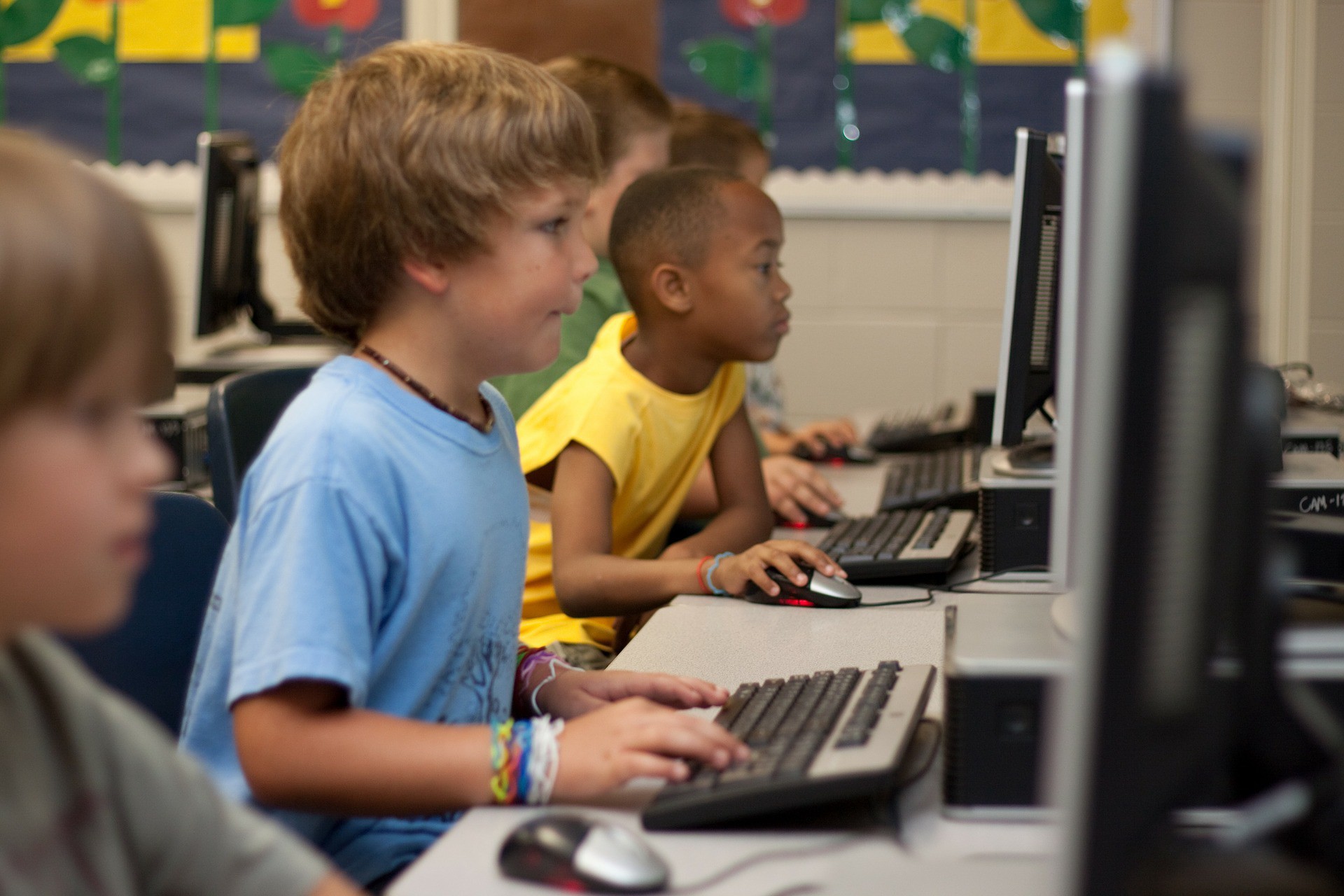Five Reasons Why Kids Need To Learn Code in 2024
It’s an adventure to learn programming languages. You can accomplish so much using coding technology. However, determining what you want to accomplish and where to begin is the first obstacle you must overcome.
As of today, coding is becoming an essential skill. Almost all sectors use it, from health care and finance to entertainment and education. The demand for highly trained coders is expected to increase as technology progresses. To succeed in the 21st century, young people must acquire coding skills early to be well-equipped for analytical thinking, problem-solving, and computation.
Aside from building technical skills that are critical for future job prospects, learning coding has several cognitive benefits for kids. It helps them develop their creativity, logical reasoning, and computational thinking skills. Coding involves breaking down complex problems into smaller, more manageable tasks, which promotes critical thinking and trains kids to approach real-world challenges with a problem-solving mindset.
Moreover, coding teaches kids digital literacy and proficiency, which is becoming more critical as most aspects of our daily lives involve technology. By learning coding, kids gain a deeper understanding of how computers work and how software is created. This knowledge can help them be more competent and confident using different technologies.
Learning to code is an excellent way for kids to explore technology, develop new skills, and prepare for success in their future careers.

Here are five reasons why kids need to learn code
1) Future job prospects
Coding is valuable in today’s job market. By learning coding at an early age, children gain a competitive edge and open doors to various STEM career opportunities.
2) Coding encourages creativity.
Children learn and improve their brains through experimenting. Even if they make a mistake, they learn from it. Children may be creative, and they are encouraged to do so. Creativity is a component of the process, not always the result.
Coding allows kids to express creativity by designing and building projects like websites, games, or mobile apps. It promotes their clever thinking and encourages them to bring their ideas to life.
3) Coding helps children with Math skills.
Coding enables students to visualize abstract concepts, apply arithmetic to real-world circumstances, and make math enjoyable and creative. Coding is used in many STEM curricula nowadays.
Coding applies mathematical concepts like logic, patterns, sequences, and variables. By engaging in coding activities, kids develop a deeper understanding of math and how it can be used in practical applications.
4) Digital literacy and technology skills
Understanding coding and technology becomes essential in an increasingly technology-driven world. Learning coding equips children with the digital literacy skills to navigate and adapt to new technologies.
As kids develop coding skills and create their projects, they gain confidence. They become more comfortable expressing themselves through technology and presenting their work to others.
5) Coding teaches youngsters to be self-assured problem solvers.
Coding teaches children to break complex problems into smaller ones. It teaches them to think logically, analyze situations, and develop creative solutions.
Coding encourages computational thinking, which involves organizing data, creating algorithms, and solving problems efficiently. This type of thinking applies not just to coding but also to various real-life plans.
Learning coding at a young age gives kids a solid basis for problem-solving, critical thinking, and technology skills. These skills are valuable in programming and various parts of their personal and professional lives.
These are platforms created to make coding fun and available for kids, helping them develop problem-solving, critical thinking, and creativity skills.
Each platform provides a unique learning experience for children and has a different path to teaching coding. Parents should research multiple platforms to find the one that resonates with their child and makes learning entertaining.







